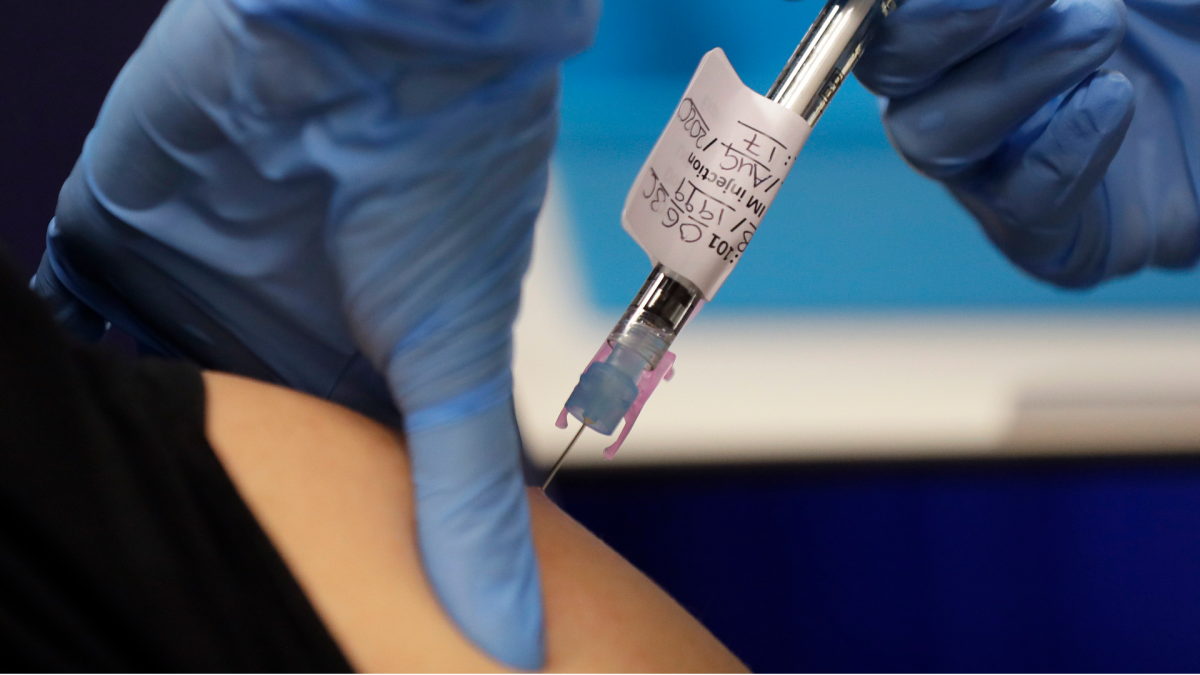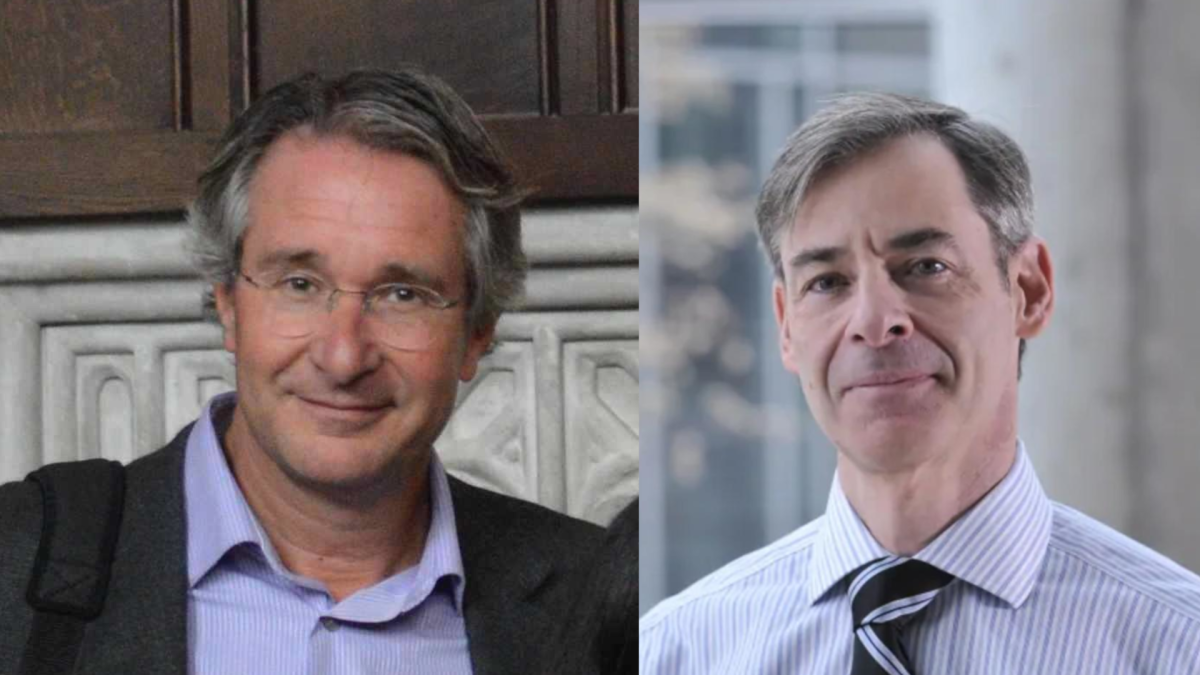A Hamilton infectious disease doctor says Canadians may soon be a part of a clinical trial for a new coronavirus vaccine being developed overseas.

Dr. Mark Loeb, a professor at McMaster University, says the new DNA-based vaccine could be a part of Phase 2 testing in Canada sometime in the late fall or early 2021.
“It’s a DNA vaccine that’s been produced by using computer modelling and artificial intelligence,” said Loeb. “We think it would be an effective vaccine to protect people from COVID-19.”
Loeb says the vaccine was developed by a team at a U.K. company called DIOSynVax founded by Canadian professor Jonathan Heeney, who studied at the University of Guelph.
The new vaccine candidate – DIOS-CoVax2 – was developed using genetic sequences of all known coronaviruses, including those from bats that host many relatives of human coronaviruses.
A release from the University of Cambridge says components from the vaccine came from computer-generated synthetic antigens that can train the human immune system to target key regions of the virus and produce beneficial anti-viral responses.
The immune responses could then block infection from the virus and remove virus-infected cells from the human body.
Heeney says the key is 3D computer modelling of the SARS-CoV-2 virus’s structure, which is built using information on the virus itself as well as its relatives – SARS, MERS and other coronaviruses.
“We’re looking for chinks in its armour, crucial pieces of the virus that we can use to construct the vaccine to direct the immune response in the right direction,” Heeney said in the release. “Ultimately we aim to make a vaccine that will not only protect from SARS-CoV-2, but also other related coronaviruses that may spill over from animals to humans.”
Heeney goes on to say that the difference in their model, compared to some other current vaccine candidates, is a strategy that targets the virus’s “docking” structures that connect the coronavirus with a cell.

Get weekly health news
“It’s a vaccine that targets a certain part of the virus that we think will lead to a longer duration of immunity that will be safer,” said Loeb.
Another key part of the project is the structure of the proposed vaccine, which allows it to be freeze-dried as a powder and not requiring cold-storage, making transport and storage much more straightforward.
Loeb connected with Heeney on the project through another scientist and says he’s had many “back-and-forth” conversations on a protocol to complete Phase 2 and begin a Phase 3 study.
The McMaster prof says taking on clinical trials for DIOS-CoVax2 is not a stretch for his team, which has been doing large clinical trials on an influenza vaccine for 15 years.
- Head-Smashed-In Buffalo Jump heritage site enjoys boost after shout out on ‘The Pitt’
- What is Nipah virus? What to know about the disease as India faces outbreak
- Pizza Pops contaminated with E. coli tied to 7 hospitalizations, data shows
- Pizza Pops E. coli recall grows as roughly a dozen products now hit
“That’s been done in over 30 centres in 12 countries,” Loeb said. “So for us, it’s not that much of a stretch to go from that to expand to a COVID clinical trial.’
Phase 1 of trials is currently underway in the U.K., which Loeb says involves around 100 people in a safety trial to examine possible “bad signals” or reactions from patients.
Phase 2, which could involve candidates from Canada, would move up to somewhere between 500 and 600 people and would study immune responses to the vaccine.
“You’re looking at how the vaccine affects the different aspects of the immune response, the antibody response and the T-cell response,” says Loeb.
Hamilton and a number of other Canadian cities may be earmarked for testing of the vaccine due to the country’s relatively low number of COVID-19 infections, which Loeb says is key in a Phase 2 trial.
“When you’re looking at the immune response, you’re better off not doing it when there’s a lot of COVID virus circulating because you want to sort out what’s the impact of the vaccine as opposed to having a natural infection interfere with the results,” Loeb said.
Phase 3 is expected to involve thousands of candidates in virus hotspots and determine whether a subject can actually fight off infection from the virus, according to Loeb.













Comments